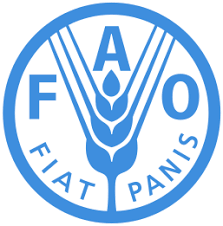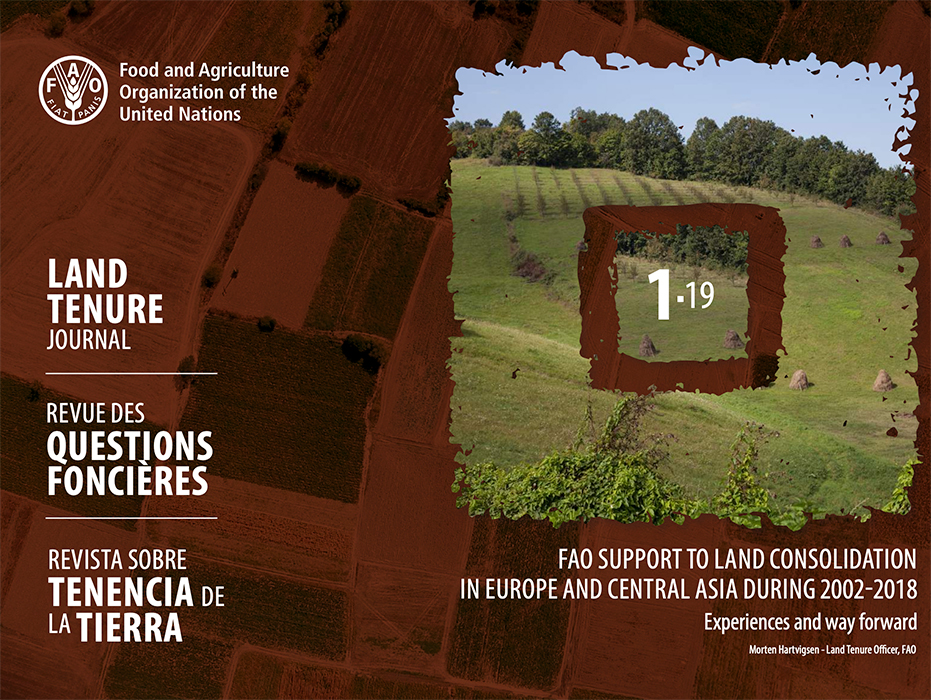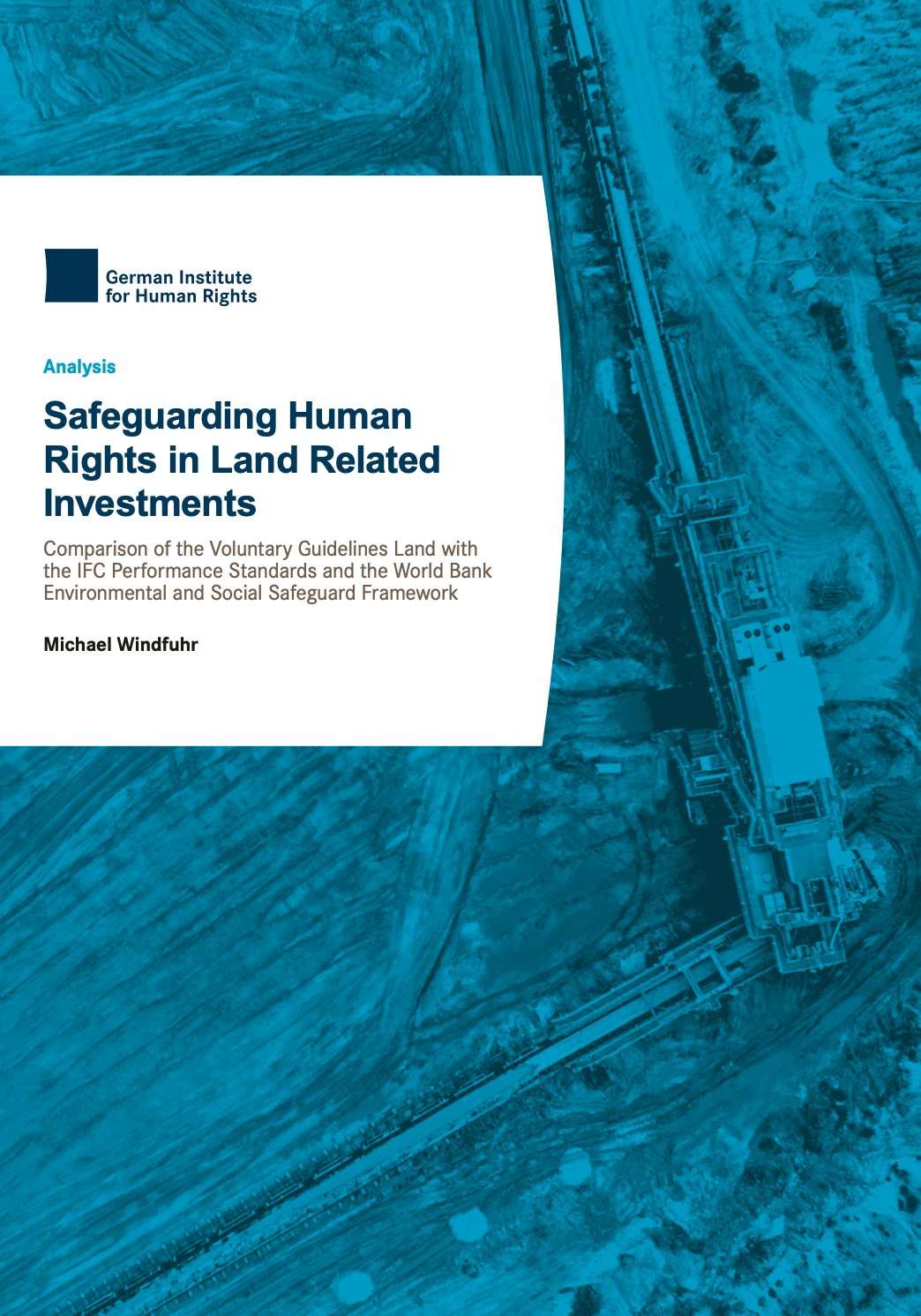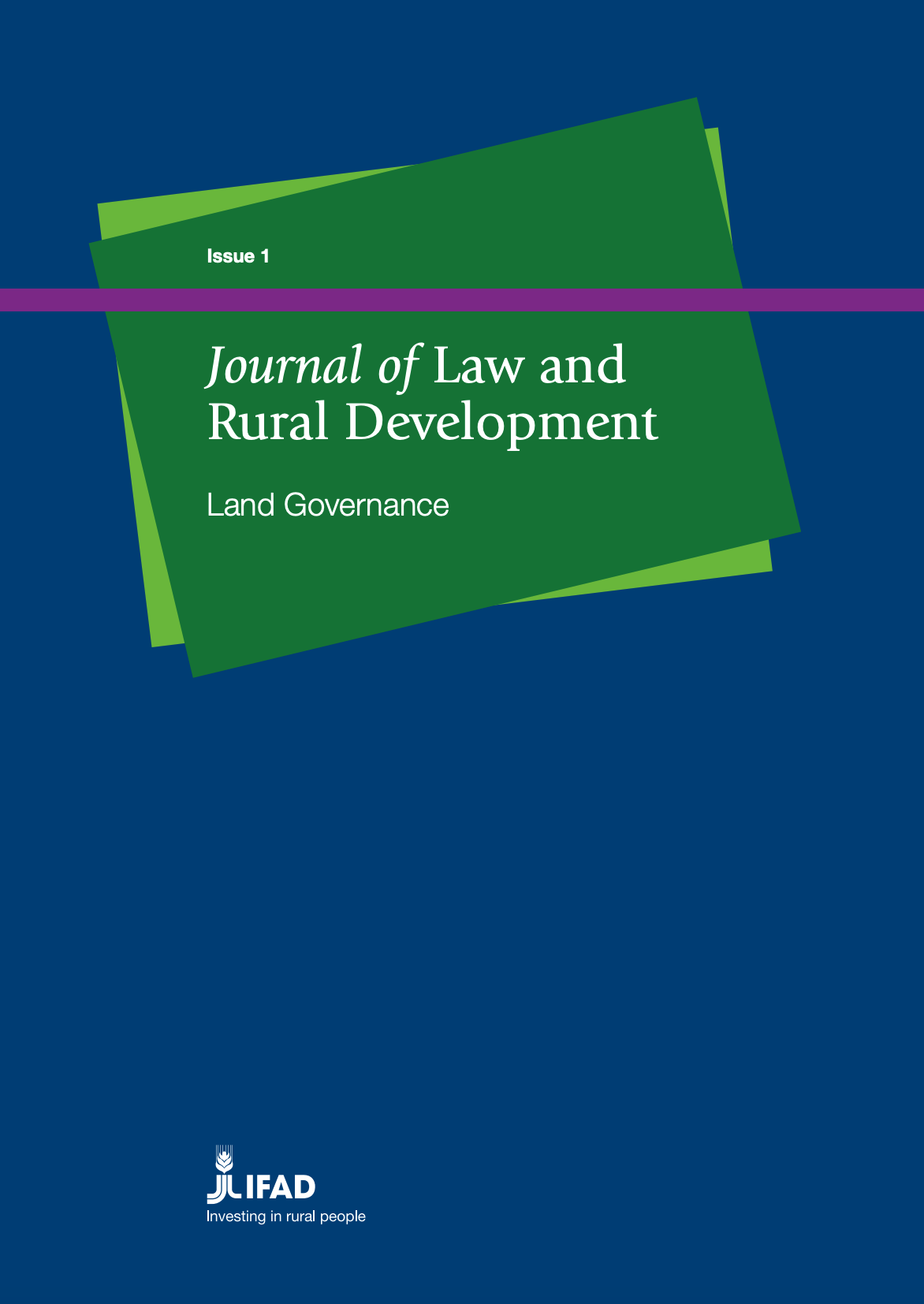Voluntary Guidelines on the Responsible Governance of Tenure of Land, Fisheries and Forests in the Context of National Food Security (Burmese/ မြန်မာဘာသာ)
Preliminary: 1. Objectives... 2. Nature and scope..... General matters: 3. Guiding principles of responsible tenure governance... 3A General principles... 3B Principles of implementation... 4. Rights and responsibilities related to tenure... 5. Policy, legal and organizational frameworks related to tenure... 6. Delivery of services..... Legal recognition and allocation of tenure rights and duties: 7. Safeguards... 8. Public land, fisheries and forests... 9. Indigenous peoples and other communities with customary tenure systems... 10. Informal tenure.....










